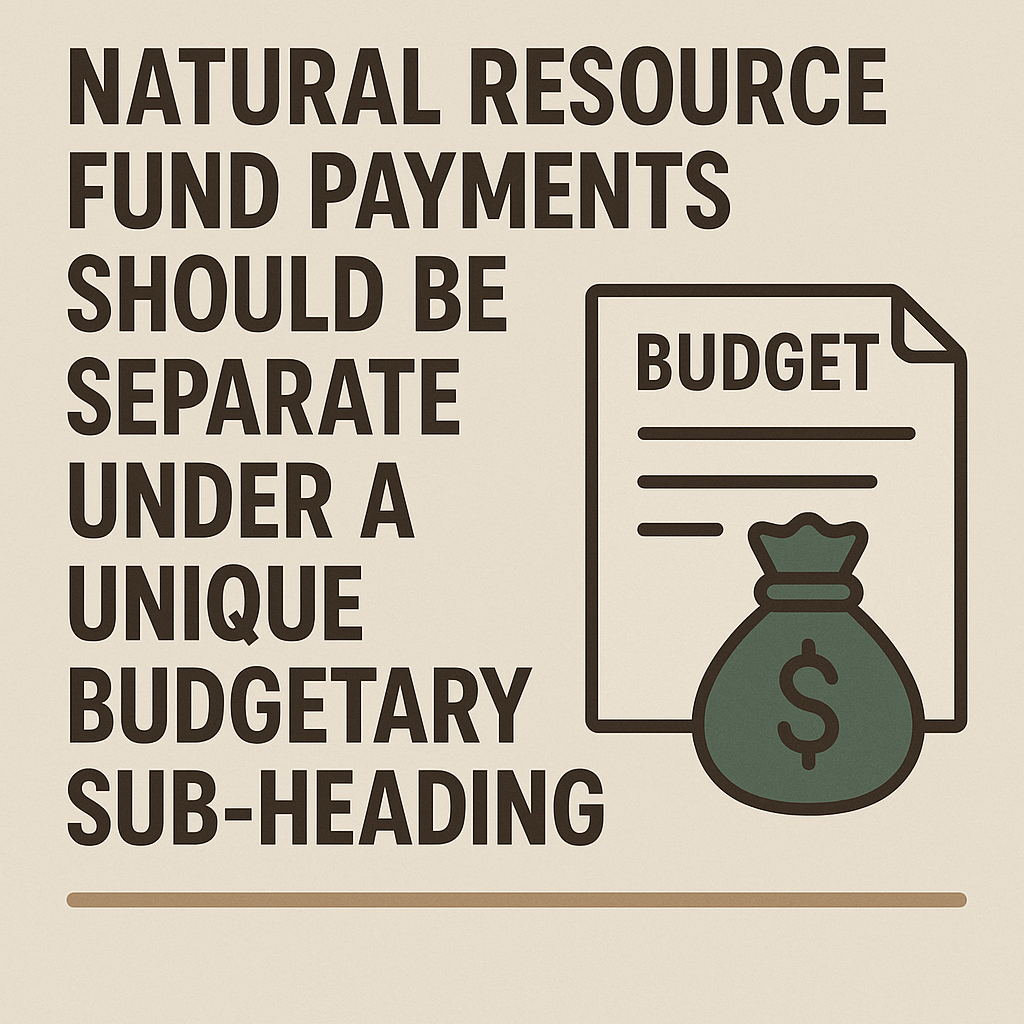The public deserves information on the outcomes of the 2016 Petroleum Sharing Agreement, PSA2016. Article 15.1 purports that Guyana’s tax laws are complied with by the contractor and its affiliated companies. This is in form only. Substance of actual corporation profits tax, under Guyana’s Sovereign Tax laws, are not paid into Guyana’s Consolidated Fund. This should be of concern to all and sundries, especially the US Internal Revenue Service. In this regard, US taxpayers could be paying cash in the form of a Foreign Tax Credit to the oil companies using a mere Guyana business contract, PSA2016.
Under PSA2016 Guyana’s Commissioner of Taxes and its Minister are mandated to provide tax receipts as if the calculated profits tax were actually paid to Guyana, (see Article 15.4, that appropriates Guyana’s right to tax and conduct its Fiscal Policies under Guyana’s Profits Tax laws). The capital recovery program of the oil companies, benefitting from unlimited non-ring fenced expenses, from multiple oil blocks or oil wells could be rearranged so that oil companies’ calculated profits taxes are actually paid annually in order to provide realistic US Foreign Tax Credit (FTC). The amount of US Federal Foreign Tax Credit may be estimated for 2023 under Article 15.5.
Whereas a tax deduction is an expense associated with oil production operations, a tax credit on a US corporation tax return, Form 1120, is a transfer payment in cash from US taxpayers to that corporation. This appears to be double dipping or an unusual situation using the US Foreign Tax Credit. The amount of imputed FTC should be returned to Guyana under Regulations 903, regulation §1.901-2(a), and the powers of the IRS Tax Code, section 482. The FTC Estimate for 2023 in US$ Millions:
Production 141,657,000 barrels
Export Sales. US$ 11,659.3 million
Less Royalty (2% due) US$233.2 million
Less Capital Expense estimated and Interest (75% of Production and Sales) US$8,744.5 million
Estimated Taxable Income, Millions (US$ 11659.3 minus US$ 233.2 minus US$ 8744.5=US$2,681.5 million
Estimated Guyana’s Profit Tax at a minimum 20% (a Guyana commercial company pays a 40% profits tax rate).
US$2,681.5 million times 0.20 or US$536.3 million in 2023.
With all of the spillover effects from adding an oil industry to the old Guyana economy, inflation plus intermediate input costs for land and materials usage, Guyana could use US$536 million in profits tax for its social infrastructure alongside its economic infrastructure to run the country. Indeed, for each percent of increased economic growth rate there are direct plus indirect inflation and intermediate costs to be borne by the resident population and the economy. If these additional costs are not met annually with tax revenues, there would be adverse consequences.
Sincerely,











